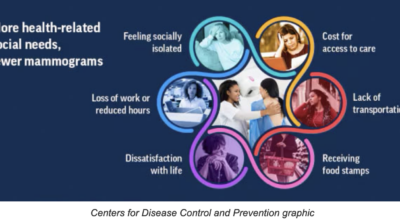Tips for communicating effectively with an aging parent
Published 7:49 am Tuesday, November 14, 2017
People today are living longer and, for a growing number of families this means dealing with the issue of aging parents no longer able to care for themselves as they once did.
These situations can lead to a variety of highly emotionally-laden decisions, often strong push-back from the elderly parent, and the kinds of issues that require difficult family discussions.
Simply talking over some of the problems a parent faces can be extremely complicated. Questions such as where elderly parents should live, what health services are needed, their financial situation, existence of a current will, giving up the car keys and many related topics are all hard. And while talking over such issues with an aging parent may be awkward, reaching needed decisions can be even more painful.
As frustrating as such discussions may be, they are necessary. Still, there are ways to approach such talks that can make them less prone to disagreement and more apt to lead to productive results:
Pick a good time and place for important conversations to make your parent feel comfortable.
Try including someone you and your parent mutually trust, but don’t make your parent feel he or she is being ganged up on.
Talk in statements that use “I” rather than “you.” Discuss “your feelings” about an issue, rather than acting like whatever you believe is correct while your parent’s views are simply wrong.
Respect your parent’s right to argue and disagree.
Accept that making these decisions may take time. See initial discussions as door openers, chances to get things started.
Don’t dominate the discussion. Listen to your parent’s views and ideas, especially when the subject involves major decisions.
Try not to be judgmental. It takes time for an aging parent to accept a loss of independence. Dictating to him or her what “has to be” is only setting the stage for a stubborn fight.
Realize that your job is to offer advice and support, not demand how things “must” change.
It’s emotionally difficult for parent and child when an aging parent can no longer handle everything on his or her own. Holding effective discussions on changes to be made can be much more productive, and far less traumatic, than simply trying to dictate decisions. If extra help is needed, seek out a professional counselor who specializes in geriatric issues.
Counseling Corner is provided by the American Counseling Association. Comments and questions to ACAcorner@counseling.org or visit the ACA website at www.counseling.org.





